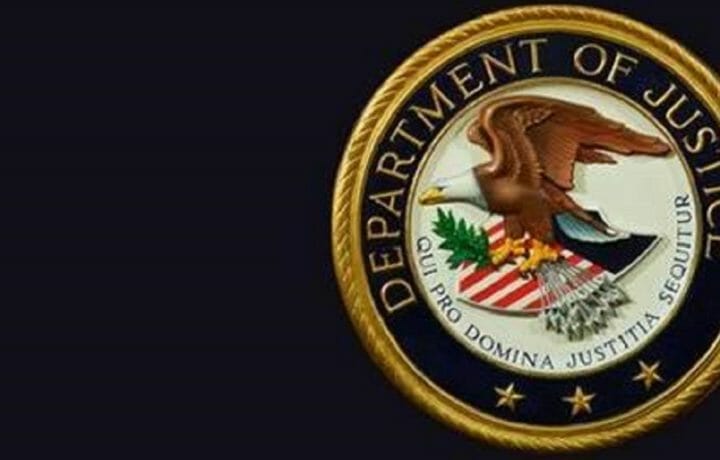The threat posed by the trusted insider is omnipresent, and that’s why insider threat programs exist: To identify when the trusted insider breaks trust and begins sharing sensitive information. While many programs focus on the competitor or nation state, criminal entities must also factor into the equation. The Department of Justice (DoJ) found itself with an insider who opted to assist the Mexican Cartel del Noreste (CDN), materially and with sensitive information.
The insider is Jennifer Loya, a paralegal specialist who worked within the United States Attorney’s Office for the Western District of Texas in San Antonio. Her sister, Kimberly Loya is married to cartel member, Roland Gustamante, the head of the Gustamante Drug Trafficking Organization (a splinter group of the CDN).
even drug cartels understand the art of counterintelligence
Even in the narcotics world, the cartels understand the value of a counterintelligence penetration. Loya’s position was perfectly situated to assist the CDN. The criminal complaint filed on May 8 indicates she enjoyed unencumbered access to the U.S. Attorney’s electronic surveillance records, Title III (wiretap) applications, pen registers, tolls analysis, tracking warrants, and multi-agency sensitive information.
Her sister Kimberly wasn’t a passive spousal observer to her husband’s activities. She was actively involved in moving both bulk currency and narcotics for the organization. To make this happen, she made 21 separate trips between May 2019 and January in a white Mitsubishi truck between the U.S. and Mexico. The vehicle wasn’t hers, it was registered in the name of her sister, Jennifer, the DoJ employee.
Apparently it took a number of incidents to trigger a multi-organization investigation to identify Loya as the disloyal insider. The criminal complaint indicates that Loya provided information to her sister/Gustamante from at least May 2019.
In May 2019 the Drug Enforcement Agency (DEA) arrested Frankie Martinez and Martinez said he “knew the case agent was specifically coming to arrest him.” When the DEA went to execute their search warrants against Martinez and his crew, they found that the organization had moved during the night.
In February a separate member of the Martinez organization, Adam McGarity, told law enforcement after he was arrested that “a few days prior to his arrest, a female known only as “Maria,” came to his residence and informed him that she had observed official law enforcement documents that named McGarity and other members of the Martinez organization as targets of a DEA investigation.
Additional members of the San Antonio extended drug trafficking network indicated that they believed that someone close to Jonathan Chapa had a source with access to law enforcement information. In March 2020, Gustamante was identified as the individual with the source within the U.S. government, and that he was informing members of the various drug organizations of their indictment by a federal grand jury, and that one of their members (an insider within the drug organization) was providing information to the DEA.
The search of Chapa’s cell phone revealed a text message exchange between Chapa and Gustamante where Chapa is warned by Gustamante to move his drugs and get out of town.
On March 27 the DEA learned from a cooperating defendant that Kimberly Loya’s sister Jennifer works within the U.S. Attorney’s Office and provides inside information to Gustamante. The individual noted that the information flow out of the office had been occurring for quite some time. This information was confirmed on April 15 when the DEA learned that Chapa was bragging about having a source.
Insider Investigation
From April 20-28 the DoJ Inspector General (OIG) began investigating Jennifer Loya. They found that she was harvesting investigative reports, surveillance applications, and accessing the “Cooperating Witnesses and Defendants” folders.
She exceeded her brief when she accessed the case files of the various U.S. Attorneys, but that access was not flagged, and her access at the time was viewed as unremarkable. No alerts indicating that an individual was accessing information for which, according to the criminal complaint, had no need to know.
On May 7, Kimberly Loya was interviewed by law enforcement and confirmed that her sister, Jennifer was providing information to her and Gustamante.
What is inexplicable is how the background check conducted by DoJ failed to identify the family ties involving Loya’s sister being married to an individual within the CDN, a group in existence since 2014.



